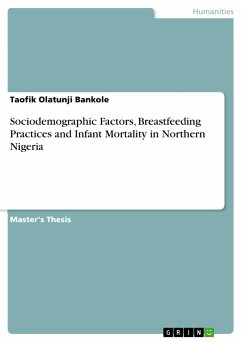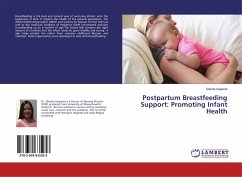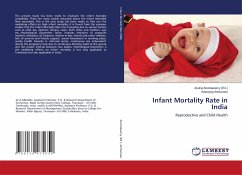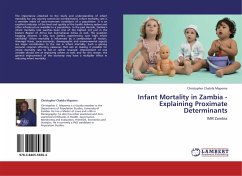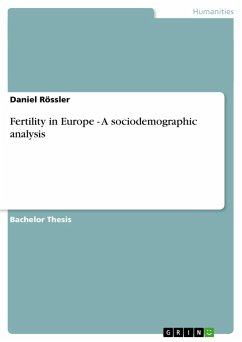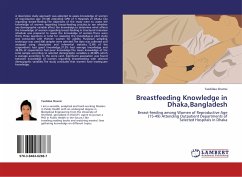Master's Thesis from the year 2017 in the subject Sociology - Gender Studies, grade: 4.0, Obafemi Awolowo University (Faculty of Social Sciences), course: Demography and Social Statistics, language: English, abstract: This study assessed the pattern of breastfeeding practices among mothers; and determined the relationship between women's socio-demographic characteristics and their breastfeeding practices in Northern Nigeria; examined the relationship between women's socio-demographic characteristics and infant mortality and ascertained the relationship between breastfeeding practices and infant mortality. The study employed both primary and secondary sources of data collection. Forty in-depth interviews (IDIs) were conducted in four randomly selected states. Plateau and Kaduna states were selected from North Central and North West respectively. Ten IDIs were carried out in each of these four states. Five IDIs were conducted in randomly selected rural and urban areas of each of these four states. Content analysis was employed to analyse responses from IDIs. The secondary data for the study were obtained from the Nigeria Demographic Health Surveys (NDHS 2008). The Survey elicited information from 33,385 women of reproductive age between 15 and 49 years, as well as information from 28,647 children whose ages were below five years. The 2008 NDHS data on women of reproductive age between 15 and 49 years in Northern Nigeria who have had at least a child in the past five years preceding the survey were extracted for 12,210. The 2008 NDHS Data on children of age below five years old in the North of Nigeria were extracted for 19,552. The secondary data were analysed using frequency distribution, chi-square test, binary logistic and cox regression statistics. The results on the pattern of breastfeeding practices among mothers showed that complementary breastfeeding was more practiced among mothers who were dwelling in the urban areas than mothers that were residingin the rural areas; while exclusive breastfeeding was predominant among mothers dwelling in the rural areas than mothers residing in urban areas particularly among mothers that were not gainfully employed. The cox regression survival analysis results showed that infant mortality was significant with exclusive breastfeeding (hazard ratio=0.0829, p<0.05) and duration of breastfeeding (hazard ratio=0.8178, p<0.05). The study concluded that the promotion of exclusive breastfeeding improved infant nutritional intake which enhanced infant health and thus reduced infant mortality to the lowest possible rate in Nigeria.
Hinweis: Dieser Artikel kann nur an eine deutsche Lieferadresse ausgeliefert werden.
Hinweis: Dieser Artikel kann nur an eine deutsche Lieferadresse ausgeliefert werden.

